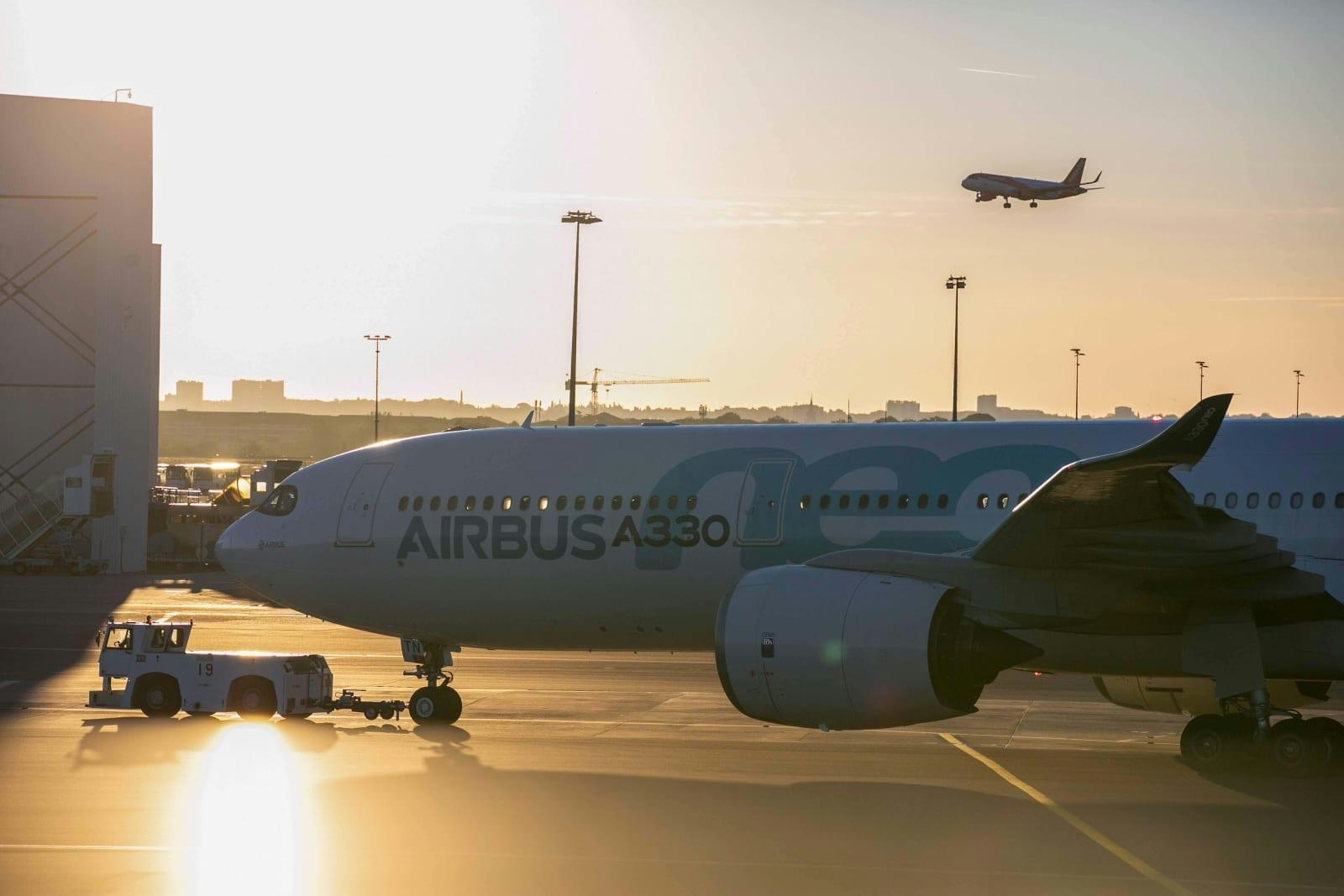AeroGenie — Il tuo copilota intelligente.
Tendenze
Categories
Airbus VP Outlines Regional Forecast Calling for 2,600 New Aircraft in Latin America

Airbus Forecasts Demand for 2,600 New Aircraft in Latin America Over Two Decades
TOULOUSE, France — Airbus has projected a substantial expansion in the Latin American and Caribbean aviation market, anticipating the need for more than 2,600 new aircraft over the next 20 years. Damien Sternchuss, Vice President and Head of Airline Marketing at Airbus Latin America & Caribbean, outlined this forecast during a recent event in Toulouse, attributing the growth to strong economic and demographic factors driving increased air travel in the region.
Growth Drivers and Market Composition
Sternchuss emphasized that aviation is essential in Latin America due to the region’s challenging geography and rapid urbanization. He forecasted steady growth, with domestic air travel expected to expand at an annual rate of 4.1%. By 2045, the market will require approximately 2,600 new aircraft, with single-aisle jets—primarily from the A320 family—comprising about 90% of deliveries. The remaining 10% will be widebody aircraft, including models such as the A330 and A350, to support the growth of international routes.
Airbus currently commands a dominant position in the region, operating 870 aircraft, which represents over half of the total fleet. The company also maintains a backlog of 450 aircraft for Latin American carriers, including the recently established Abra Group. Sternchuss highlighted the strategic advantage of Airbus’s modern product line, particularly the A320 family, which he described as the “most successful aircraft ever.” The A320’s performance at high-altitude airports, such as Bogotá, has set industry benchmarks, with the aircraft family accounting for 70% of operations at these challenging locations.
Innovation and Competitive Landscape
Sternchuss drew attention to the A321XLR, describing it as a “low-risk route opener” that enables airlines to explore new international markets with the cost efficiencies of a single-aisle aircraft. This model offers approximately 30% lower operating costs compared to previous-generation widebodies. In the widebody segment, the A350 stands out for its advanced construction, utilizing 70% advanced materials, including over 50% composites, which contribute to a 25% reduction in fuel consumption relative to older aircraft models.
Despite Airbus’s strong position, the company faces increasing competition in the Latin American market. Boeing is expected to recalibrate its strategies to protect its market share, while China’s COMAC, despite delays linked to US-China trade tensions, is positioning itself as a potential future competitor. These evolving dynamics may influence airline purchasing decisions, particularly as the A320 family remains the world’s most-delivered aircraft. Additionally, global trends in freighter fleet expansion, especially in North America and the Asia-Pacific region, could affect fleet planning and market conditions in Latin America.
Regional Commitment and Support Infrastructure
Beyond aircraft sales, Airbus has established a significant presence in Latin America, employing over 1,300 people across 17 sites in five countries. The company operates major training centers in Brazil, Mexico, and Chile, underscoring its commitment to supporting regional airlines. Sternchuss noted that this infrastructure positions Airbus to assist carriers as they navigate the opportunities and challenges presented by a rapidly evolving aviation market.

Emirates Unveils Cabin Design for New Boeing 777X

Eighteen Years On, the Airbus A380 Remains Central to a $34 Billion Airline

How a boom in luxury airline seats is slowing down jet deliveries

Navitaire Outage Attributed to Planned Maintenance

DigiYatra Debuts Outside Aviation at India AI Impact Summit

Vietnam Orders Strengthen Boeing’s Commercial Outlook

Airbus Signals Uncertainty Over Future A400M Orders

JobsOhio Awards $2 Million Grant to Hartzell Propeller for Innovation Center

Collins Aerospace Tests Sidekick Autonomy Software on YFQ-42A for U.S. Air Force CCA Program

How the Airbus A350-1000 Compares to the Boeing 777
